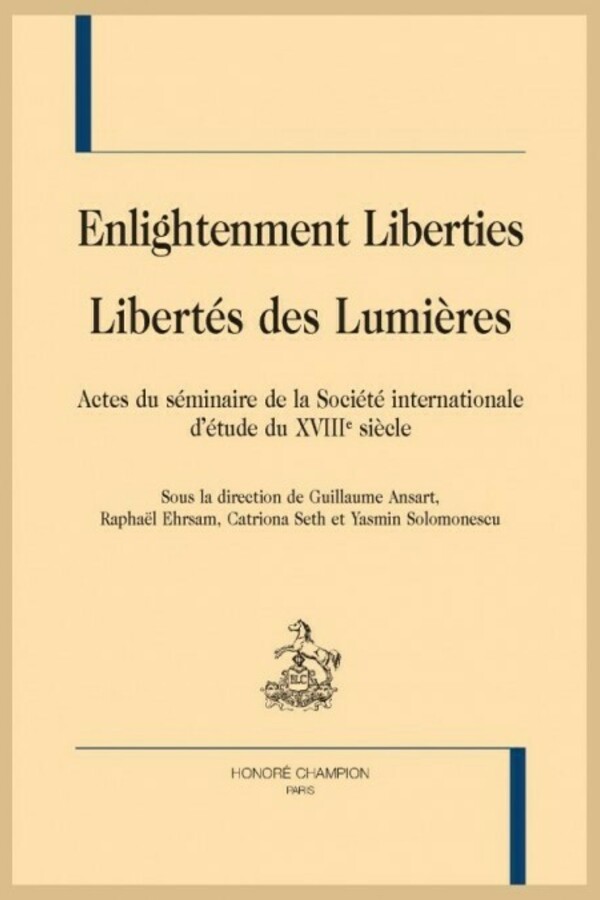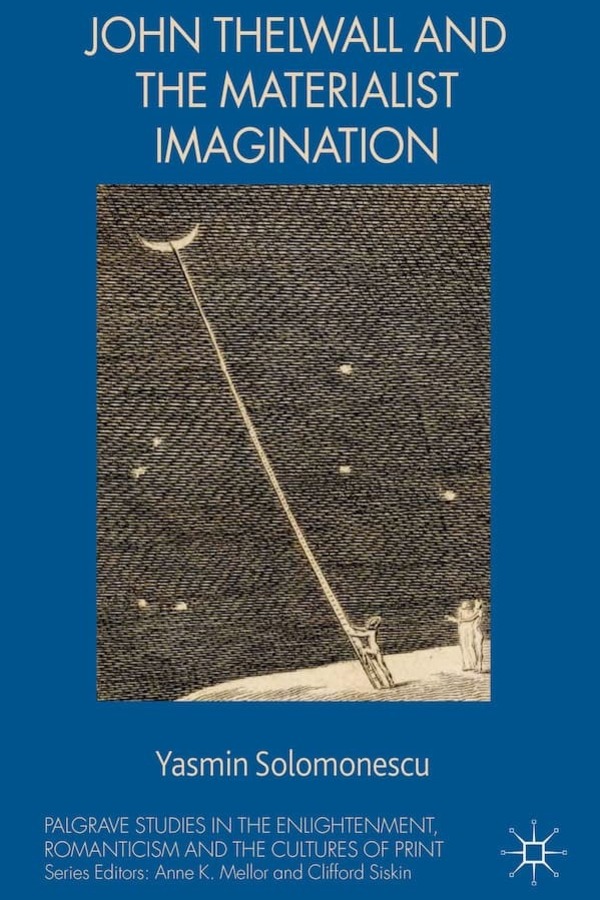Yasmin Solomonescu
Associate Professor
Faculty Fellow of the Nanovic Institute for European Studies
Areas of study
- British - 18th and 19th
- Science, Media, and Technology
Education
Ph.D., University of Cambridge
M.Phil., University of Cambridge
B.J., Carleton University
Research and teaching interests
British Romanticism, persuasion and rhetoric, cognitive approaches to literature, form and style, literary theory
Biography
Yasmin Solomonescu specializes in British Romanticism across genres, with emphasis on the question of literature’s role in representing and eliciting new ethical and political sensibilities. Her various approaches to that question often involve consideration of the period’s emergent scientific psychology and revolutionary social and political movements, and always involve attention to the distinctive work of literary language, genre, and form.
Solomonescu is currently writing a book entitled Reimagining Persuasion in British Romantic Literature that considers how Romantic writers fundamentally re-conceived of the theory and practice of persuasion, notably by insisting on the ethical and aesthetic value of persuasions that are at best provisional—“for a moment,” as Thomas De Quincey put it. Focusing on major and neglected works by George Campbell, De Quincey, Hazlitt, Godwin, Wordsworth, the Shelleys, and Austen, among others, the book makes a wider case for the importance this distinctive sense of persuasion to civic and critical discourse today. The project has received the support of fellowships from the National Humanities Center, USA, and Chawton House, England. Solomonescu is also co-editing Persuasion after Rhetoric in the Eighteenth Century and Romantic Period, under contract with Oxford University Press.
Solomonescu’s first book, John Thelwall and the Materialist Imagination, advances the critical recovery of the political reformer John Thelwall and of the materialist science of his time. The project was supported by doctoral and postdoctoral fellowships from the Social Sciences and Humanities Research Council of Canada.
Representative publications
- “Women, Rhetoric, and Rhetorical Theory.” The Cambridge History of Rhetoric. Gen. eds. Rita Copeland and Peter Mack. Vol. 4: Seventeenth to Nineteenth Centuries (1650-1900). Ed. Adam Potkay and Dietmar Till. Cambridge: Cambridge University Press, 2023.
- “Prone Minds and Extended Selves: The Cenci.” Romanticism and Consciousness Revisited. Ed. Richard C. Sha and Joel Faflak. Edinburgh: Edinburgh University Press, 2022.
- “Rhetoric.” The Oxford Handbook of Romantic Prose. Ed. Robert Morrison. Oxford: Oxford University Press, 2022.
- “Emma and the ‘Chimera of Relativism.’ ” Studies in English Literature 1500-1900 60.4 (2020): 693-715.
- John Thelwall and the Materialist Imagination. Basingstoke and New York: Palgrave Macmillan, 2014. Softcover 2017.




